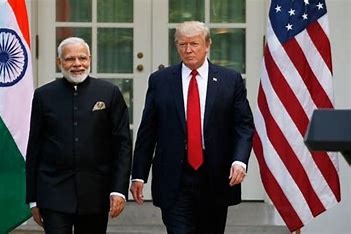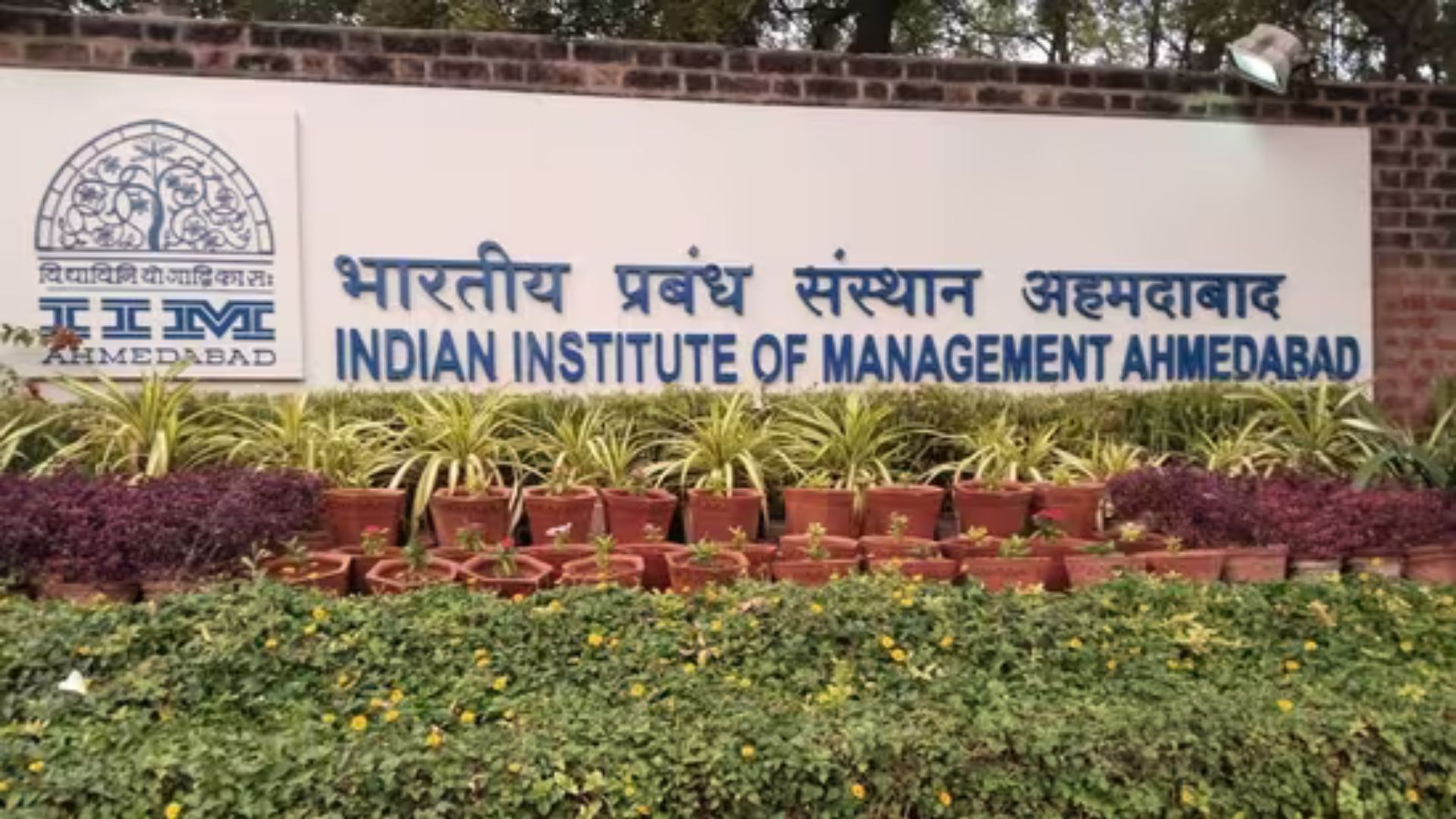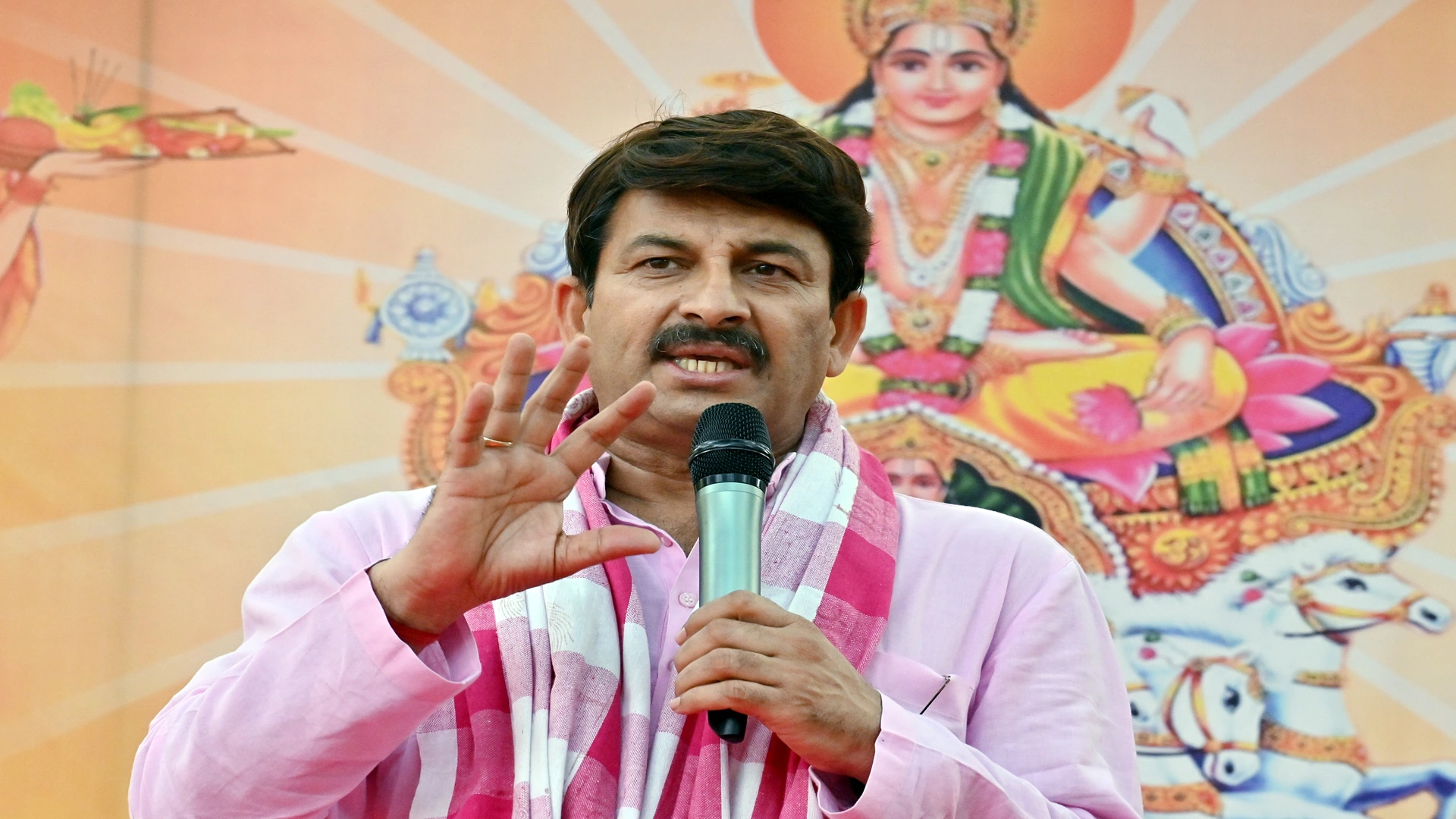As the United States approaches its November 5 election, the world’s focus turns to the potential impacts on international partnerships, including the US-India relationship. Former President Donald Trump’s bid for a second term could bring significant shifts, given his past stance on trade, defense, and regional stability in South Asia. Here’s what India might expect under a renewed Trump administration.
Strengthening the Modi-Trump Bond
Trump and Indian Prime Minister Narendra Modi share a strong rapport, seen during the grand “Howdy, Modi!” and “Namaste Trump” events that celebrated their mutual admiration and aligned nationalist visions. Modi’s “India First” agenda and Trump’s “America First” ethos emphasize economic growth, national security, and self-reliance, creating a common ground that may grow further if Trump is re-elected.
Trade Dynamics: Opportunities and Challenges for India
Trump’s US-centric trade policies could pressure India to ease trade barriers. This may impact critical Indian industries, including IT, pharmaceuticals, and textiles. While Trump has critiqued India’s trade practices in the past, his vision for “balanced trade” could open doors for negotiation and new growth pathways, albeit with potential tariffs on the horizon.
A Chance to Decouple from China
Trump’s stance on China may benefit India as his push to diversify away from Chinese manufacturing aligns with India’s own strategic goals. If Trump wins, his policies could attract more US companies to establish production bases in India, potentially accelerating India’s industrial and economic development.
Expanding Defense Ties and Countering Regional Threats
Under Trump’s previous administration, the Quad alliance (involving the US, India, Japan, and Australia) strengthened to counterbalance China’s influence in the Indo-Pacific. A second Trump term could see intensified joint military drills, technology exchanges, and arms sales, bolstering India’s defense capabilities amidst rising regional tensions.
Immigration Policies and Impact on Indian Talent
Trump’s restrictive approach to immigration, especially concerning the H-1B visa program, impacted thousands of Indian professionals. If re-elected, Trump may revive these policies, prompting Indian tech firms to seek alternative solutions or invest in domestic growth. This could reshape India’s global tech presence as well as its talent landscape.
South Asia Strategy: Implications for Pakistan and Counter-Terrorism
Trump’s South Asia policy leans toward accountability, pressuring Pakistan on counter-terrorism measures while maintaining a cautious alliance. His “Peace through Strength” philosophy may complement India’s security stance, potentially pushing Pakistan to curb extremist elements and aligning with India’s counter-terrorism goals.
A Message to the Indian Diaspora
In a recent statement, Trump addressed concerns over violence against Hindus in Bangladesh, signaling his intent to protect minority rights across South Asia. This outreach reflects his strategy to appeal to the Indian diaspora, with promises to stand against religious violence, which may impact regional diplomatic dynamics.







